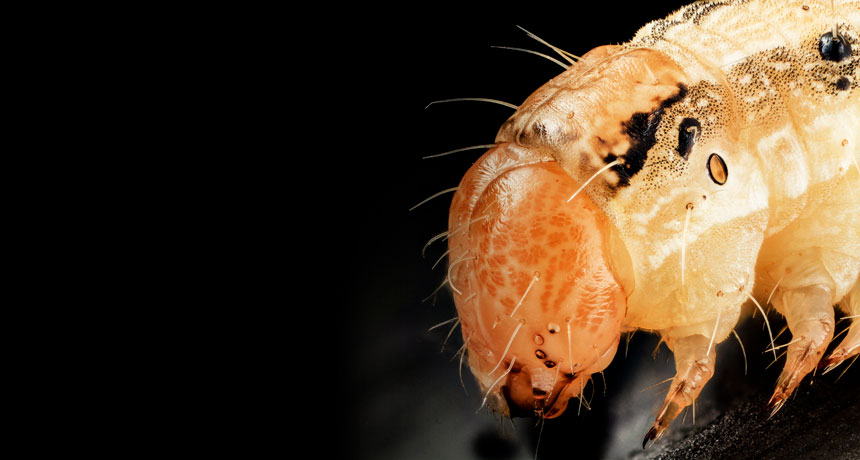
CLIMATE CHANGE FAN? In a warmer world, the corn earworm may evolve resistance faster to Bt corn, a crop that has been genetically modified to produce an insect-killing toxin, researchers propose.
USGS Bee Inventory and Monitoring Lab/Flickr

CLIMATE CHANGE FAN? In a warmer world, the corn earworm may evolve resistance faster to Bt corn, a crop that has been genetically modified to produce an insect-killing toxin, researchers propose.
USGS Bee Inventory and Monitoring Lab/Flickr